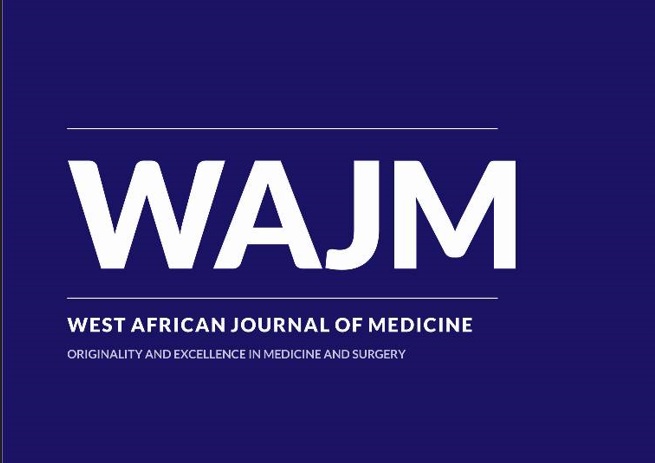ORIGINAL: Shifting Paradigms: Assessing Gambian Medical Students' Perceptions of Dermatology and Dermatologists
West Afr J Med. 2024 October; 41(10): 993-999 PMID 40008999
Keywords:
Dermatologists, Dermatology, Dermatology education, Medical education, Medical studentsAbstract
Background: Perceptions of dermatology and dermatologists by medical students can vary widely depending on their personal experiences, exposure to the specialty, and their cultural and societal beliefs. The lack of emphasis on dermatology in the medical curriculum can lead to misconceptions in the field. Therefore, it is important for medical students to have a well-rounded understanding of dermatology and the role of dermatologists in the healthcare system.
Aim: The aim of our study was to assess the medical students' perceptions of dermatology and dermatologists.
Methods: The study design was cross-sectional and was conducted in the School of Medicine and Allied Health Sciences, University of the Gambia, Banjul, Gambia. Participants were 700-level medical students undergoing their dermatology training. An online questionnaire was created which they filled out on both the first and last day of their dermatology training.
Results: A total of 72 responses were received. The mean age of respondents was 25.69 years. Concerning their perceptions of dermatology, there was a statistically significant improvement in the etiology and treatment modalities of skin diseases at the end of their training. Additionally, a statistically significant increase was observed in the beliefs that dermatologists had high status, a high degree of responsibility and free time for their patients after dermatology training.
Conclusion: Overall, there was a paradigm shift in the perceptions of medical students toward dermatology and dermatologists. However, there is room for improvement in terms of reviewing the dermatology curricula, changing the pattern of training and the employment of information technology.


